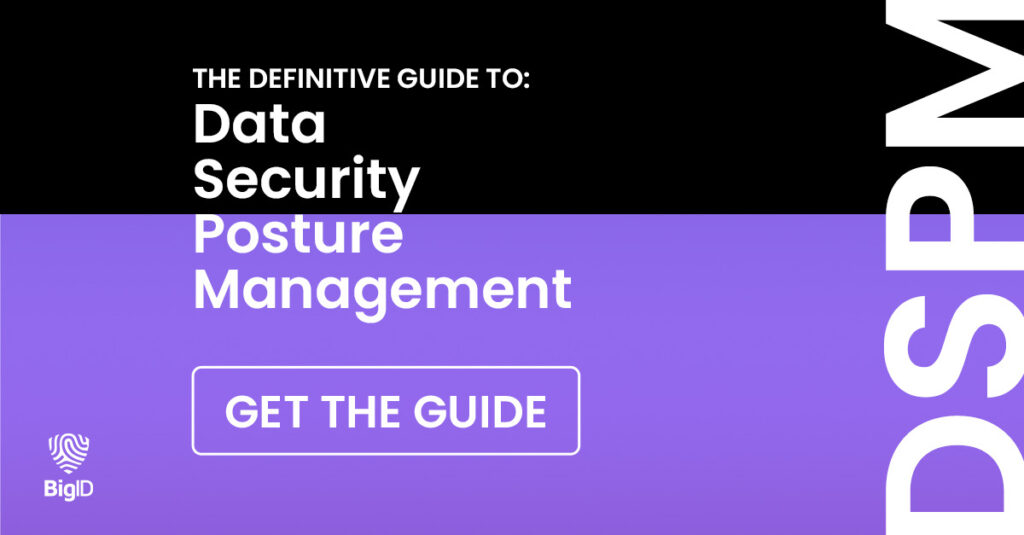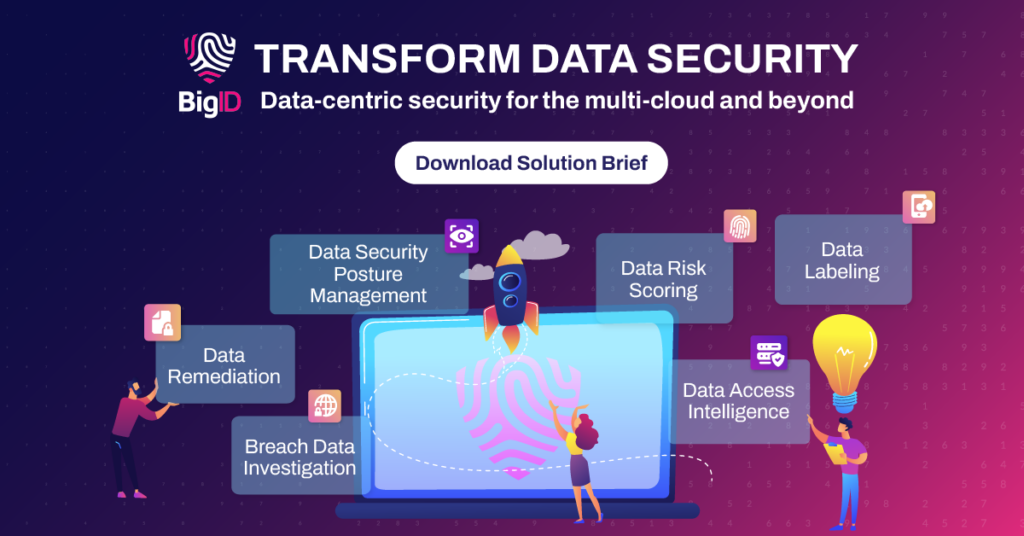For the last decade, data has been a critical asset for businesses and organizations— the resilience of that data is now becoming even more important. It helps safeguard an organization’s ability to function, protect sensitive information, and maintain trust with customers and stakeholders. Without data resilience, organizations are more susceptible to significant financial losses, reputational damage, and legal repercussions in the event of disruptions or cyber incidents.
What is data resilience?
Data resilience refers to the ability of a system, network, or organization to maintain its normal functioning and accessibility in the face of various types of disruptions, failures, or attacks that could potentially compromise the integrity, availability, or confidentiality of the data. In other words, it’s the capacity to bounce back from adverse events without losing critical data or suffering extended periods of downtime.
Aspects of data resilience
Data resilience aims to minimize downtime, prevent data loss, and ensure that an organization’s critical systems and operations can recover quickly from unexpected disruptions, thereby minimizing negative impacts on business operations and reputation.
- Data Backup and Recovery: This involves regularly creating copies (backups) of important data and storing them in separate locations. If the original data becomes compromised, lost, or corrupted due to hardware failures, cyberattacks, or other incidents, the backed-up data can be used to restore normal operations.
- Fault Tolerance: Fault tolerance involves designing systems in a way that they can continue functioning even if certain components fail. This often requires specialized hardware and software that can detect failures and automatically switch to backup systems.
- Disaster Recovery: Disaster recovery plans outline the processes and procedures an organization will follow in the event of a major disruption, such as a natural disaster, fire, or cyberattack. These plans cover how to restore systems, data, and operations to a functional state as quickly as possible.
- Security Measures: Data resilience also involves implementing security measures to protect against cyberattacks, data breaches, and unauthorized access. This includes encryption, access controls, intrusion detection systems, and firewalls.
- Data Integrity: Ensuring the accuracy and consistency of data is crucial for data resilience. Data integrity mechanisms prevent unauthorized modifications or corruption of data.
- Testing and Simulation: Regularly testing and simulating different disaster scenarios is essential to verify the effectiveness of data resilience strategies. This helps identify vulnerabilities and areas that need improvement.
Data Resilience vs Cyber Insurance – are they one and the same?
Data resilience and cyber insurance are related concepts, but they are not the same. They address different aspects of cybersecurity and risk management.
Data Resilience
Data resilience refers to the ability of an organization to maintain the integrity, availability, and accessibility of its data and critical systems in the face of various disruptions, such as cyberattacks, hardware failures, natural disasters, and human errors. It involves strategies and practices like data backup, disaster recovery planning, redundancy, and security measures to ensure that even if an adverse event occurs, the organization can continue to operate and recover effectively.
Cyber Insurance
Cyber insurance, on the other hand, is a type of insurance coverage designed to help organizations mitigate financial losses and liabilities resulting from cyber incidents. These incidents can include data breaches, ransomware attacks, business interruption due to cyber events, and more. Cyber insurance policies can provide coverage for various aspects, including legal expenses, notification costs, financial losses, and even costs associated with reputational damage.
While data resilience focuses on preventing and recovering from cyber incidents, cyber insurance is more about managing the financial consequences that may arise from these incidents. Having robust data resilience practices in place can reduce the likelihood and impact of cyber incidents, which in turn may lead to more favorable terms and rates for cyber insurance policies. However, cyber insurance does not directly enhance an organization’s data resilience; it’s more about providing a safety net in case preventative measures fail.
Impacts of data resilience on DSPM
Data Security Posture Management focuses on ensuring that an organization’s data security measures are aligned with its overall security strategy. Data resilience plays a significant role within DSPM:
- Measurement and Assessment: DSPM involves continuous monitoring and assessment of an organization’s security posture. Data resilience is assessed to ensure that data is properly backed up, encrypted, and protected against threats.
- Risk Management: Data resilience directly contributes to risk management within DSPM. Effective data resilience strategies mitigate the risk of data loss, data breaches, and downtime, enhancing an organization’s overall security posture.
- Compliance and Reporting: DSPM solutions often provide reporting and compliance features. Data resilience measures are monitored and reported to demonstrate compliance with relevant regulations and industry standards.
- Incident Response: In the event of a cyber incident, a strong data resilience strategy enables effective incident response. Organizations can recover quickly and minimize the impact of security breaches.
- Policy Enforcement: DSPM solutions ensure that data resilience policies and practices are enforced consistently across an organization’s IT infrastructure.
- Continuous Improvement: Data resilience is subject to continuous improvement within DSPM. Regular reviews and adjustments to data backup and recovery plans ensure that the organization can adapt to changing threats and technologies.

Examples of data resilience
- COVID-19 pandemic: The pandemic highlighted the importance of data resilience as organizations rapidly shifted to remote work. Those with robust data backup and recovery systems were able to maintain business continuity and protect critical information, even in challenging circumstances.
- Cloud service provider data resilience: Cloud service providers, such as Amazon Web Services (AWS), Microsoft Azure, and Google Cloud, have been continuously enhancing their data resilience capabilities. They employ redundant storage systems, automated backups, and distributed data centers to ensure high availability and protection against data loss.
- Data breaches: Data breaches continue to occur, with cybercriminals gaining unauthorized access to sensitive data. Organizations with strong data resilience practices, including encryption, access controls, and intrusion detection systems, can mitigate the impact of breaches and protect the confidentiality of data.
BigID’s Approach to Data Resilience
BigID is the industry’s leading DSPM platform for privacy, security, and governance. With the power of advanced AI and machine learning, BigID strengthens data resilience throughout your organization by providing a powerful platform for discovering, managing, and protecting sensitive data. Here’s how it works:
- Data Discovery and Classification: BigID uses deep data discovery to uncover, identify and classify structured, unstructured, dark data, and cloud data at scale— automatically scoping out personal information like financial records or redundant and duplicate data, regardless of where it’s stored.
- Risk Assessment: BigID’s Risk Scoring App assesses the risk associated with different types of data, considering factors like data sensitivity, regulatory compliance, and potential impact in case of a breach. This helps organizations prioritize their efforts and focus on high-risk areas.
- Regulatory Compliance: The Privacy Suite offers a wide range of tools for comprehensive privacy management with regulations like GDPR and CPRA. Take a holistic approach to consent governance, data rights automation and more.
To start strengthening your organization’s data resilience— get a 1:1 demo with BigID today.



